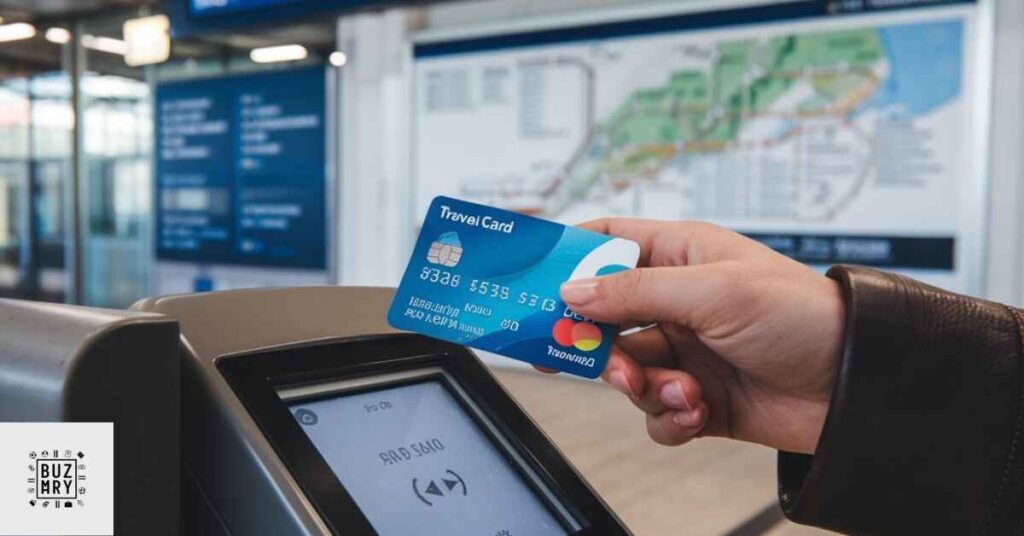Travel cards have become essential tools for modern travelers. These specialized financial instruments offer a range of benefits that can simplify and enhance your journey. From currency exchange convenience to enhanced security features, travel cards address common pain points associated with managing money while abroad.
Many travelers struggle with carrying cash or using their regular bank cards in foreign countries, often facing high fees and security risks. Travel cards provide a solution by offering competitive exchange rates, fraud protection, and the ability to lock in currency rates before departure.
Understanding which item is a benefit of using the travel card can help you make informed decisions to maximize your travel experience and minimize financial stress.
Understanding Different Types of Travel Cards
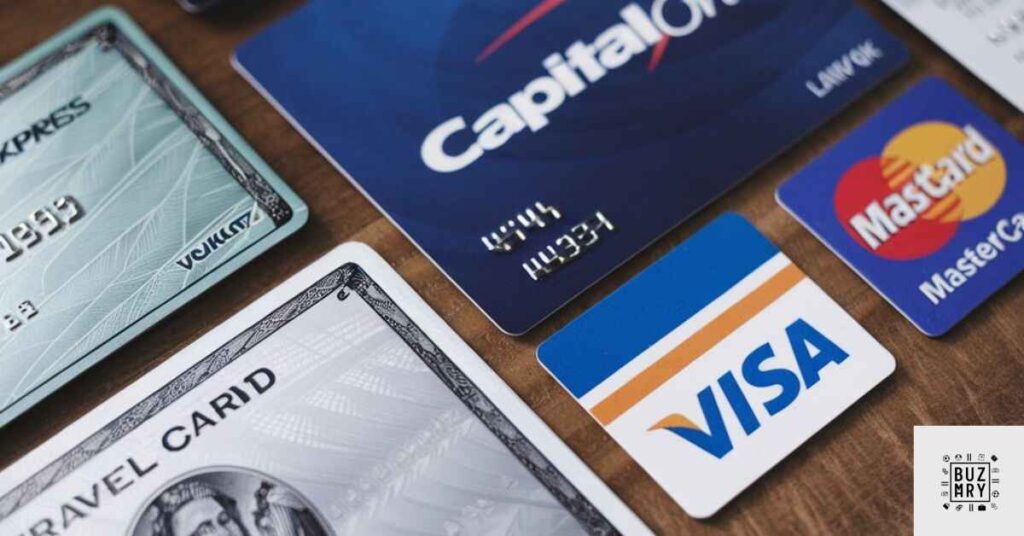
Travel cards come in various forms. Each type serves different needs and preferences. Credit-based cards offer rewards and flexibility. Debit-based cards provide spending control. Specialized cards cater to specific travel styles. Knowing these options helps you choose the right card for your journey. Consider your travel habits and financial goals when selecting a card.
Credit-Based Travel Cards
Credit-based travel cards work like regular credit cards. They often come with travel-specific perks. Users can earn points or miles on purchases. These rewards can be redeemed for flights, hotels, or other travel expenses. Many cards offer sign-up bonuses and travel insurance. Annual fees may apply, but benefits can outweigh the cost for frequent travelers.
Debit-Based Travel Cards
Debit-based travel cards function as prepaid cards. You load money onto the card before your trip. This helps control spending and avoid debt. These cards often have lower fees than credit cards. They’re useful for travelers on a budget. Some cards allow you to hold multiple currencies at once.
Specialized Travel Cards
Specialized travel cards focus on specific travel needs. Airline cards offer perks like free checked bags or priority boarding. Hotel cards may provide free nights or room upgrades. Student travel cards cater to young travelers with lower fees and flexible terms. These cards maximize benefits for certain types of trips or travelers.
5 Amazing Benefits of Using Travel Cards
Travel cards offer several advantages for travelers. They simplify currency exchange and provide enhanced security. Many cards offer rewards programs and help with budget management. Some include emergency assistance services. These benefits can make your travels smoother and more enjoyable.
Currency Exchange Convenience
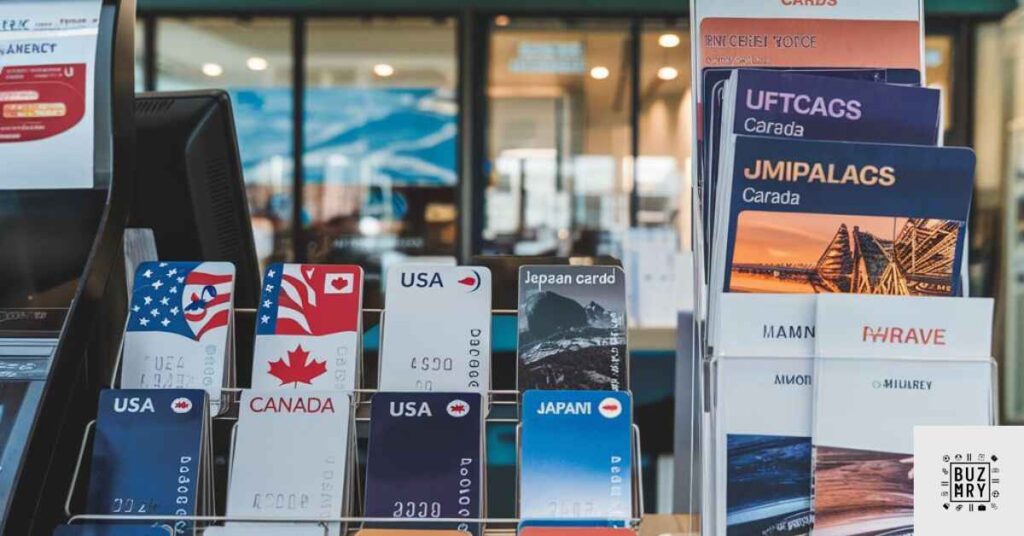
Travel cards simplify currency exchange. You can load multiple currencies onto one card. This eliminates the need to carry cash in different currencies. Many cards offer competitive exchange rates. You can lock in rates before your trip, protecting against currency fluctuations. This convenience saves time and reduces stress during international travel.
Enhanced Security Features
Travel cards provide better security than cash. Many cards offer zero liability for unauthorized purchases. If your card is lost or stolen, you can quickly freeze it. Some cards use chip technology for added protection. These security features give peace of mind while traveling in unfamiliar places.
Rewards and Points Accumulation
Many travel cards offer rewards programs. You can earn points or miles on your purchases. These rewards can be redeemed for flights, hotels, or other travel expenses. Some cards offer bonus points for travel-related spending. Over time, these rewards can lead to significant savings on future trips.
Budget Management on the Go
Travel cards help you manage your budget while traveling. Many cards offer mobile apps to track your spending. You can set spending limits on prepaid cards. Some cards categorize your expenses, making it easier to review your travel costs. This feature helps you stay within your budget and avoid overspending.
Emergency Assistance Services
Many travel cards include emergency assistance services. These can include travel insurance and medical coverage. Some cards offer 24/7 global assistance hotlines. Services may include help with lost passports or emergency cash advances. These features provide valuable support during unexpected travel situations.
Factors to Consider When Choosing a Travel Card
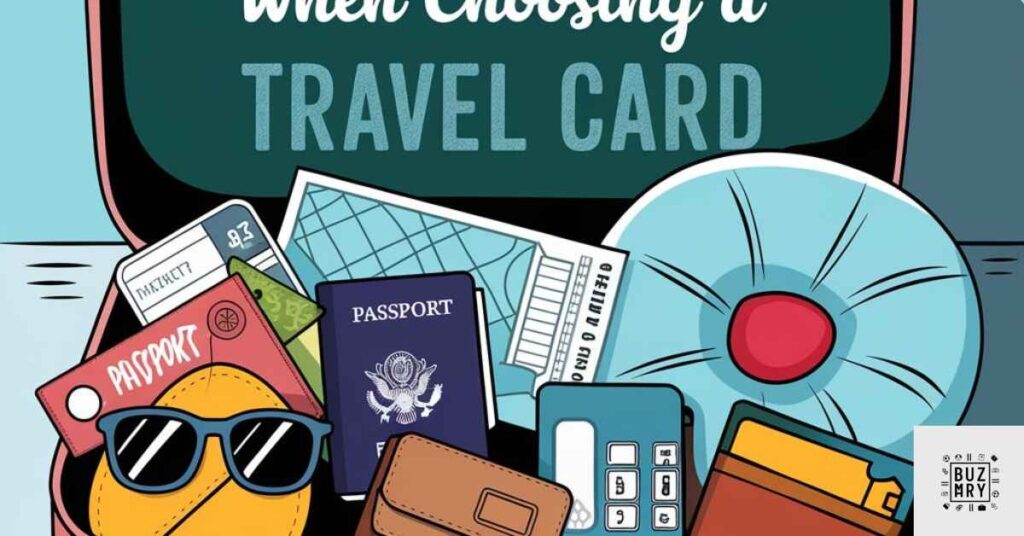
Choosing the right travel card depends on your needs. Look at fees, acceptance, exchange rates, and rewards. Consider how often you travel and where. Think about your spending habits and financial goals. Compare different cards to find the best fit. Don’t rush your decision – take time to understand each card’s features.
Fee Structures
Travel cards come with various fees. Some have annual fees, ranging from $0 to $500 or more. Transaction fees apply when you use the card. ATM withdrawal fees may occur, especially abroad. Some cards waive certain fees. Check the fee structure carefully before choosing a card. Consider how these fees align with your travel plans and budget.
Acceptance and Coverage
Card acceptance varies worldwide. Major networks like Visa and Mastercard are widely accepted. American Express and Discover may have limited acceptance in some countries. Check card acceptance for your destination. Look for cards with broad ATM networks. This ensures you can access your money easily while traveling.
Exchange Rates and Foreign Transaction Fees
Exchange rates affect the value of your money abroad. Some cards offer better rates than others. Foreign transaction fees can add 1-3% to each purchase. Look for cards with no foreign transaction fees. Be aware of dynamic currency conversion, which often has poor rates. Choose cards that use the bank’s exchange rate for better value.
Rewards Programs and Perks
Travel cards often offer rewards and perks. These can include points, miles, or cash back. Sign-up bonuses can provide significant value. Look for perks like free checked bags or travel insurance. Consider how rewards align with your travel style. Some cards offer flexible redemption options, while others are tied to specific airlines or hotels.
| Reward Type | Pros | Cons |
| Points | Flexible redemption | Value can vary |
| Miles | Good for frequent flyers | May be restricted to certain airlines |
| Cash back | Simple to understand | May offer less value for travel |
Integration with Travel Services
Some travel cards integrate with travel services. This can include access to travel booking portals. You might get discounts with partner airlines or hotels. Concierge services can help with travel planning. Look for cards that offer services matching your travel needs. These integrations can enhance your overall travel experience.
How to Apply for a Travel Card
Applying for a travel card is usually straightforward. First, research and choose the right card for you. Check if you meet the eligibility criteria. Gather required documents before applying. You can often apply online or in person at a bank. The process typically takes 15-30 minutes. Approval can be instant or take a few days.
Eligibility Criteria
Travel card eligibility varies by issuer. Most require a good credit score, typically 670 or higher. Income thresholds ensure you can manage the credit line. Some cards have residency or citizenship requirements. Age requirements are usually 18 or older. Check these criteria before applying to avoid unnecessary credit inquiries.
Application Process
The application process is typically online or in-person. Online applications are quick and convenient. In-person applications allow for immediate questions. You’ll need to provide personal and financial information. Most applications take 15-30 minutes to complete. Approval can be instant or take a few business days. Some issuers offer pre-approval to check eligibility without affecting your credit score.
Read This Blog: Things Needed for Traveling Disabled Person Road Trips: Bathrooms Edition
Required Documentation
Travel card applications require specific documents. You’ll need proof of identity, like a driver’s license or passport. Proof of income is usually required, such as pay stubs or tax returns. Address verification may be needed, often a utility bill. Some cards may ask for additional financial information. Have these documents ready before starting your application to streamline the process.
Maximizing the Benefits of Your Travel Card
To get the most from your travel card, use it strategically. Understand your card’s rewards system. Take advantage of all perks and benefits. Keep track of promotional offers. Use your card for everyday purchases to earn more rewards. Pay your balance in full each month to avoid interest charges. Review your card’s benefits regularly to ensure you’re not missing out on any valuable features.
Strategic Spending Patterns
Align your spending with your card’s reward structure. Focus on bonus categories that earn extra points. Hit spending thresholds to unlock additional benefits. Use your travel card for all travel-related expenses. Some cards offer higher rewards for dining, groceries, or gas. Plan large purchases around bonus point offers. This way, you maximize your rewards without changing your normal spending habits.
Combining Multiple Cards
Using multiple cards can boost your rewards. Choose cards with complementary benefits. Use each card for its strongest categories. For example, use one card for travel and another for everyday expenses. This strategy is called card stacking. It helps you earn more rewards overall. Be careful not to overspend or lose track of payments when using multiple cards.
Timing Your Applications and Usage
Timing matters with travel cards. Apply when sign-up bonuses are high. Look for seasonal promotions, especially before summer or holiday travel. Some cards offer limited-time offers with extra points or benefits. Plan major purchases around these promotions. Be aware of minimum spending requirements to earn bonuses. Time your application to align with your travel plans and spending patterns.
Common Pitfalls to Avoid
Be aware of common mistakes with travel cards. Don’t overspend just to earn rewards. Watch out for high annual fees that outweigh benefits. Avoid foreign transaction fees when traveling. Don’t miss payment due dates, which can result in late fees. Be careful not to accumulate debt chasing rewards. Stay organized and track your spending to avoid these pitfalls.
Overlooking Fine Print
Always read the fine print on your card agreement. Hidden fees can surprise you. Understand the terms for earning and redeeming rewards. Know the expiration dates for points or miles. Be aware of any restrictions on travel dates or airlines. Understanding these details helps you avoid unexpected costs and fully use your card’s benefits.
Also Read This Blog: How to Become a Travel Agent : Earn from Your Passion for Travel
Neglecting to Notify Card Issuers of Travel Plans
Always notify your card issuer before traveling. This prevents your card from being frozen due to suspected fraud. Most issuers let you set travel notifications online or through their app. Provide your travel dates and destinations. This ensures you can use your card smoothly while abroad. It’s a simple step that can save you a lot of hassle during your trip.
Carrying Balance on Rewards Cards
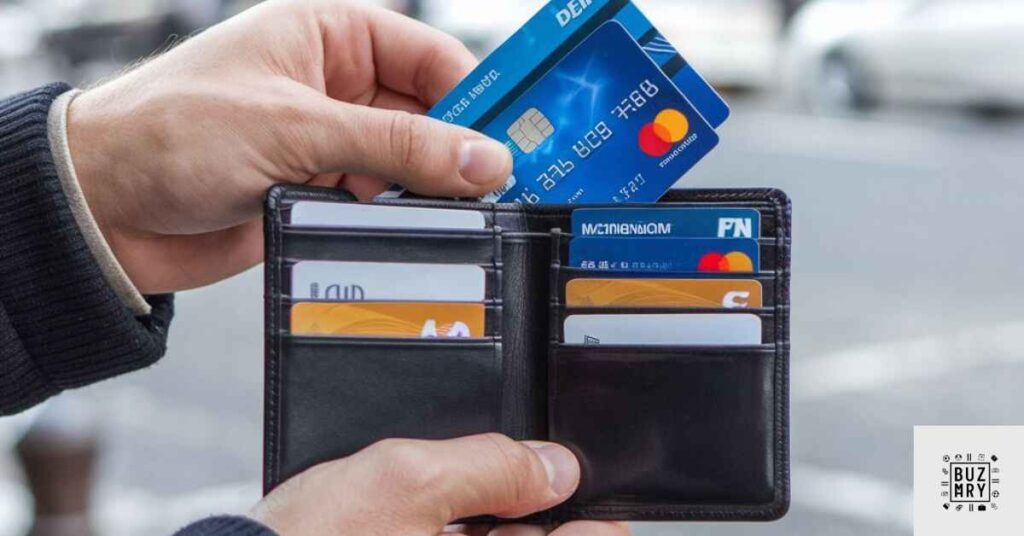
Avoid carrying a balance on rewards cards. The interest charges often outweigh the value of rewards earned. Pay your full balance each month. If you need to carry a balance, use a low-interest card instead. Rewards cards typically have higher interest rates. By paying in full, you ensure you’re truly benefiting from your card’s rewards program.
To Wrap Up
Travel cards offer valuable benefits for frequent travelers. They provide convenience, security, and rewards. Choose a card that matches your travel habits and spending patterns. Use your card strategically to maximize rewards. Avoid common pitfalls like overlooking fees or carrying balances. With the right approach, a travel card can significantly enhance your travel experiences and save you money.
Frequently Asked Question
What happens if I lose my travel card abroad?
Contact your card issuer immediately to report the loss. Most issuers offer emergency card replacement or cash advance services to help you continue your trip.
Can I use my travel card for everyday purchases at home?
Yes, most travel cards can be used for everyday purchases. However, check if your card offers rewards for non-travel spending to maximize benefits.
How do travel card rewards compare to cash back credit cards?
Travel card rewards often provide more value for travel-related redemptions. Cash back cards offer more flexibility but may have lower overall returns.
Are there any travel cards with no annual fees?
Yes, many issuers offer no-annual-fee travel cards. These cards typically have fewer perks but can still provide travel benefits and rewards.
Can I have multiple travel cards from different issuers?
Yes, you can have multiple travel cards from different issuers. This strategy can help maximize rewards and benefits across various travel scenarios.
Conclusion:
Travel cards offer numerous benefits that can significantly enhance your travel experience. From currency exchange convenience and enhanced security features to rewards programs and budget management tools, these cards provide valuable solutions to common travel challenges.
By choosing the right travel card and using it strategically, you can save money, earn rewards, and enjoy added peace of mind during your trips. Whether you’re a frequent international traveler or an occasional vacationer, a well-chosen travel card can be a powerful tool in your financial arsenal, helping you make the most of your journeys while minimizing financial stress and maximizing rewards.
“Hassan Amjad is the dedicated travel writer for Buzsmarty.com, bringing a passion for exploration and cultural discovery to each article. With a focus on delivering practical travel tips, destination guides, and unique experiences, Hassan helps readers navigate the world with ease. His love for adventure and insightful approach ensures that travelers of all kinds find valuable, up-to-date information to enrich their journeys.

